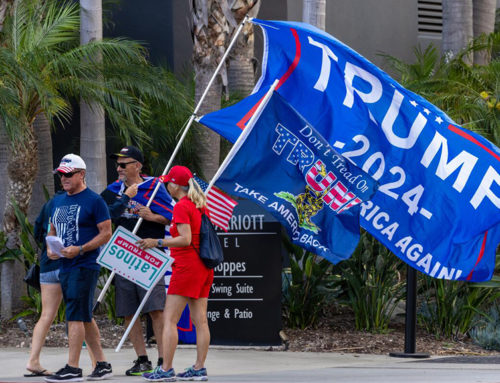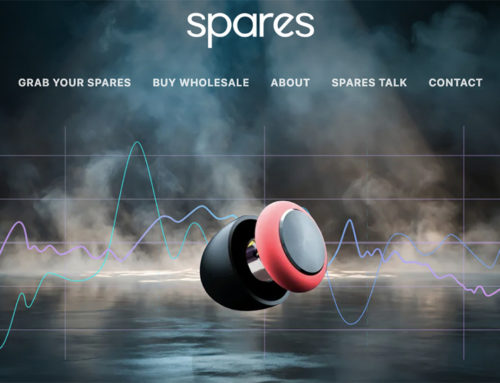In August 2024, the Federal Trade Commission (FTC) announced a significant update to how endorsements and testimonials can be created, shared, and utilized by businesses to promote goods and services. This new FTC rule schedule, effective October 21, 2024, aims to enhance transparency by cracking down on fake consumer reviews, concealed affiliations, and paid endorsements without proper disclosure. Here’s what businesses need to know to stay compliant.
Key Provisions of the New FTC Rule
The rule introduces stricter regulations around endorsement practices to safeguard consumers. Here’s a breakdown of activities now prohibited:
- Fake Reviews: Creating, purchasing, or distributing fake consumer reviews is prohibited.
- Paid-for Reviews: Businesses cannot compensate individuals—through money, discounts, or gifts—to write positive or negative reviews.
- Undisclosed Insider Reviews: Any reviews from employees, managers, or close relations of the business must disclose their affiliation. Insider reviews without clear, visible disclosure are no longer permitted.
- Biased Independent Review Sites: Businesses cannot portray reviews on affiliated websites as independent or unbiased if they are not.
- Suppression of Negative Reviews: While businesses may remove certain reviews, they cannot selectively suppress valid negative feedback without acceptable justification.
- False Social Media Metrics: Purchasing fake followers, likes, or other social media indicators to boost influence is now explicitly banned.

What’s Still Allowed Under the Rule
Despite its broad reach, the new rule allows for specific endorsement practices under certain conditions:
- Incentives for Honest Feedback: Businesses can offer incentives for consumer reviews or testimonials but cannot require these reviews to be positive.
- Unsolicited Employee or Relative Reviews: While business owners cannot request reviews from employees or family members, any unsolicited reviews from these individuals are allowed, provided they disclose their relationship.
- Permissible Review Suppression: Businesses may still remove reviews under particular conditions, including:
- The review appears fake or unrelated to the business.
- The review includes trade secrets, privileged information, defamatory or abusive language, or inappropriate content.
- The review contains someone else’s personal information or likeness.
- The review includes discriminatory language or is clearly false or misleading.
How the NFIB Shaped the Final Rule
The National Federation of Independent Business (NFIB) played an influential role in refining the FTC rule. The initial proposal lacked protections for business owners’ free speech, especially if a review was suppressed based on honest but incorrect assumptions about its accuracy. The NFIB’s feedback led to a change: the rule now only penalizes false accusations made with “knowledge of their falsity or reckless disregard for the truth.” Additionally, only “groundless” legal threats—those without legal basis or evidence—are punishable, offering business owners more protection against unintended missteps.
Moving Forward
For more details on compliance and to read the full FTC guidelines, visit the FTC’s website. With these updates in place, businesses can foster honest customer feedback while ensuring their marketing practices adhere to the latest transparency standards.






